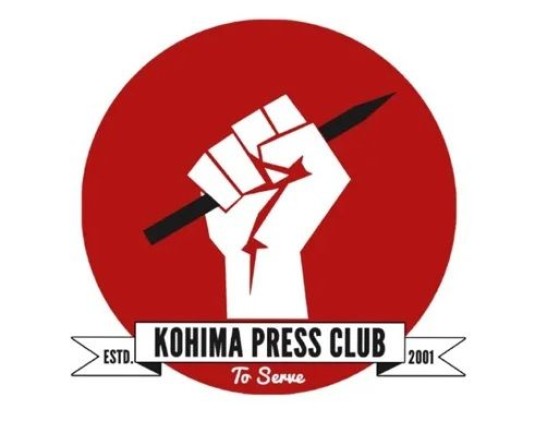
Neichu Dz. Angami
In 1997, when I walked out of the aircraft that landed in Phnom Penh after the infamous July coup, there was complete hush and suspicion all around – ‘don’t say anything now, just get into the car’, my host warned. UN Peacekeeping tanks were patrolling the almost deserted streets and there was hardly any visible activity. This week when I arrived, I saw that the airport has been magically transformed – I almost thought I took a wrong flight and landed in some unknown destination. Out on streets, I could not believe what I saw – branded cars crowding the much expanded streets, construction activities everywhere, international schools in many localities, several university campuses lush with greenery and students of all disciplines, shopping malls, coffee shops, internet cafés and of course INGOs still thriving in big numbers. I, someone who once upon a time motodoped (a public transport bike) all over the place without any assistance, could not recognize even the most popular market places. ‘Life in Cambodia has changed’, an expatriate remarked.
A local community leader later reminded me that things have actually not changed despite this huge international presence and development activities. ‘People still disappear, land disputes are growing because of developmental works, there is constant threat, violence and suspicion, and that corruption is rampant’. He went on to add, “You know, China and Russia are giving money for development work but nobody is helping us to set up democracy”.
To my own observation, the one thing that seems to stay and not change its effect is the presence of International NGOs in the country. Every year newer NGOs are coming to set its offices and run its projects – and that local people continue to remain in need for support from external agencies.
A small local NGO I helped to set up an HIV intervention program for sex workers 10 years ago, today runs 5 other projects with a budget of 380,000$. Another youth organization I volunteered with today has a project of 500,000$ spread over 11 provinces. A quiet gentleman who assisted me as a translator during trainings today heads an NGO that manages 6 million$ project.
In 1997, Drug use and drug addiction was an alien subject – most people have never heard about it, some suspected that Thai tourists indulges in it, while others suspects top military officials trading it; Today Drug abuse and illicit trafficking is the number one biggest challenge confronting the Cambodian society. Although statistics claim that HIV epidemic is stabilizing and under control – evidence shows extremely high drug related infectious diseases with HIV and hepatitis as the leading cause of death in the country. Government through its police and welfare department have set up several rehabilitation centers in many provinces, each with at least 70 to 95 addicts. In one particular rehab there are 92 addicts and 24 guards but without a counselor or a doctor. Some of these places are worst than prisons – people are chained, confined and put under serious disciplinary measures. It is indeed alarming that a country with almost zero history of Drug Abuse 10 years ago is today estimated to have 600,000 drug users which represent nearly 4% to 5 % of the country’s population.
On a personal level, I have been extremely encouraged and inspired by the stories of children I lived with in 1997-98 at the Peaceful Children Home, an orphanage outside of Phnom Penh. Seven of the boys have returned from Thailand having completed their university degrees in Law, Management, Computer Science and the-like subjects, 23 girls have made it to university in the last 10 years, altogether 24 children received scholarships to go and study in Thailand and Singapore, out of which 4 recently got jobs in South Korea.
I am returning to the orphanage this weekend to listen to more inspiring stories and to reclaim my space within our bonded destiny. These children and their home was my first experience of ‘moving out of my comfort zone’ and I need to forever come back to be reminded of that blessed experience. The following week, I will be engaged in facilitating a couple of workshops with NGOs in Phnom Penh.
One of the most exciting things I manage to do during this visit was organizing a dinner party at the home of my host whereby a good number of expatriates from different International agencies and my local friends were able to come together and freely exchange ideas and experiences. I realized that many expatriates do not normally socialize with local people especially on weekends. It is always nice to connect people. Cambodia is still beckoning me to listen, learn and share. And I am just about to begin again.




